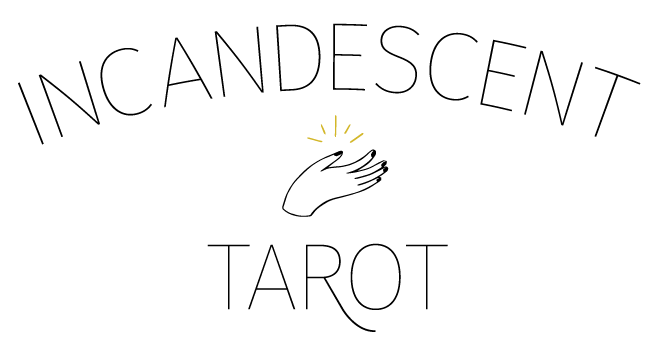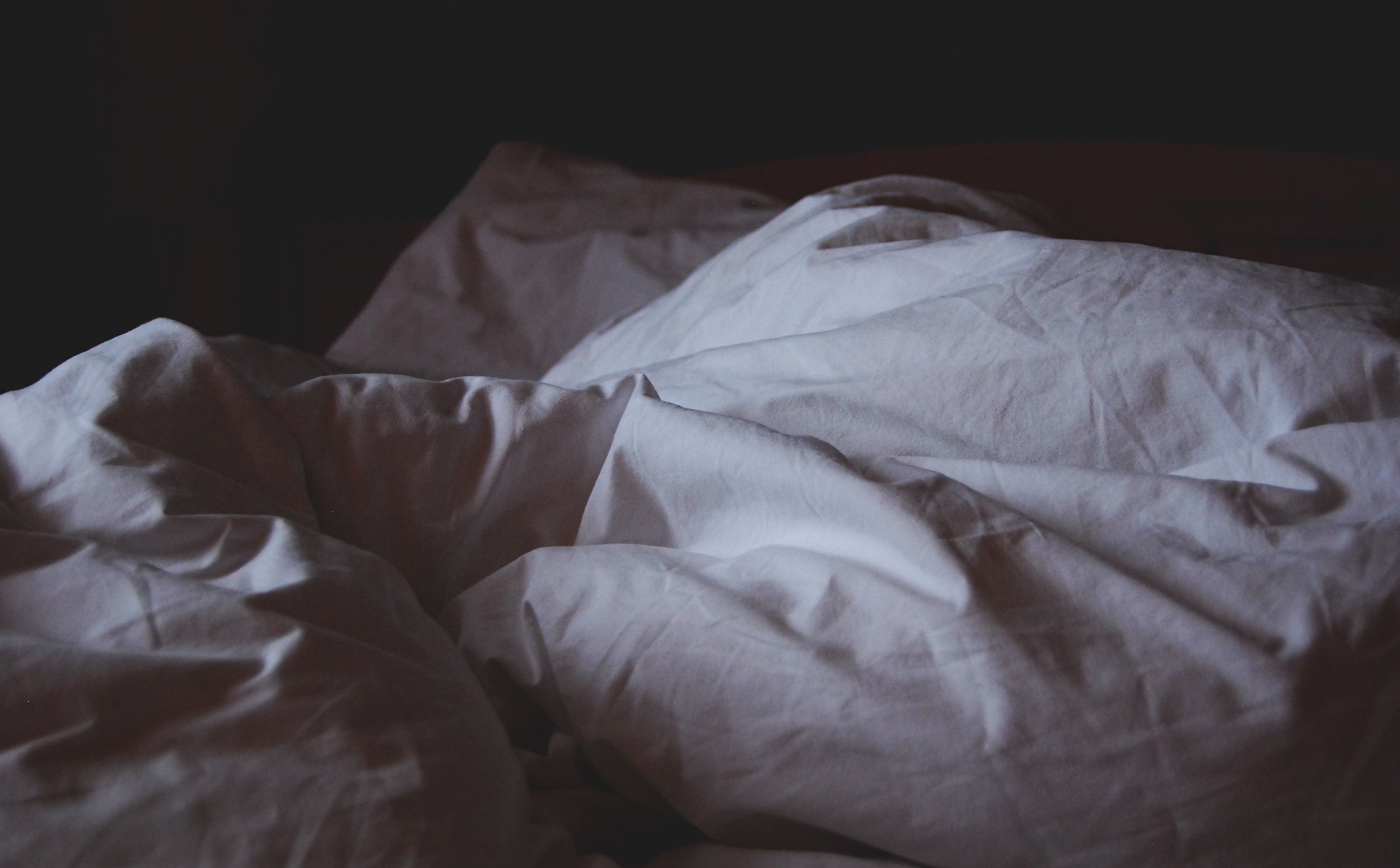Embracing Down Time in Your Tarot Practice
While teaching a beginner class the other day, I got to thinking about frequency and dedication in tarot.
A question I get often, especially from people just starting out, is how to use tarot in everyday life. And the most common practice by far is a daily draw. I’ve also seen, however, that this practice can get overwhelming fast. Same goes for daily readings.
While teaching a beginner class the other day, I got to thinking about frequency and dedication in tarot.
A question I get often, especially from people just starting out, is how to use tarot in everyday life. And the most common practice by far is a daily draw. I’ve also seen, however, that this practice can get overwhelming fast. Same goes for daily readings.
With so many cards coming at you, how do you know what they truly mean or even have time to digest their message?
My tarot philosophy centers around its use as a system to reflect the entirety of the human experience. The cards are always there, ready to tell a story, but if we’re constantly reading - our noses deep in the cards or a book - we don’t have the experience of real life to back things up.
In other words, I actually think that taking breaks between reading and studying tarot is just as important as all the research and practice in the world.
Why?
Because if tarot is a reflection of the human experience, it’s best learned when we can connect it to our actual human experience!
So if you’re feeling burnt out with the cards or wrestling with a trickier reading, give yourself time. Take a break. Get outside and see what happens in your life. You may be surprised to see a hidden meaning in a card emerge in a conversation with a friend or a symbol you never resonated with pop up on your commute to work.
Sometimes people get a bit shy when taking these tarot leaps. They’re not written in a book somewhere, at least not verbatim, so they must be intrinsically sketchy or wrong. That’s not the case at all, and finding tarot in your real life is, in my experience, the quickest way to make the cards sing in your readings.
How have you incorporated periods of rest, pause, or reflection in your tarot practice? In what ways have the cards evolved or appeared in your own experiences? I’d love to hear your stories below.
The Importance of Rest & The Four of Swords
I've just gotten up and am sitting here typing at my computer, bleary-eyed and just two sips into my first cup of coffee. It's shockingly late for me to be getting started with my day since I'm usually aiming to be up by six. Now, at 8:45, I'd normally be starting along a familair narrative of pressure. "It's time to get started already!" But this morning I'm not.
Instead, I'm wrapped up in the bliss of my body. I feel good. I can feel the heaviness in my limbs that comes when we really let ourselves go and get a full eight hours of sleep. And, to be honest, that hasn't happened in a while. Maybe it's the upcoming eclipse and full moon, but I've been spending lots of time tossing and turning in bed. Is there anything more frustrating than not sleeping well when you're so, so tired?
I've just gotten up and am sitting here typing at my computer, bleary-eyed and just two sips into my first cup of coffee. It's shockingly late for me to be getting started with my day since I'm usually aiming to be up by six. Now, at 8:45, I'd normally be starting along a familair narrative of pressure. "It's time to get started already!" But this morning I'm not.
Instead, I'm wrapped up in the bliss of my body. I feel good. I can feel the heaviness in my limbs that comes when we really let ourselves go and get a full eight hours of sleep. And, to be honest, that hasn't happened in a while. Maybe it's the upcoming eclipse and full moon, but I've been spending lots of time tossing and turning in bed. Is there anything more frustrating than not sleeping well when you're so, so tired?
Not last night, hallelujah! And I'm feeling so much better for it. But there's a funny ticker-tape of information that's coming along with my newfound relaxation, and I think it has a lot to do with our culture's anxiety about rest. And, as with most anxiety, it's scattered and somewhat illogical. But the message is this: "Now I'll have to start over again," and "I'm missing out."
In other words, when we rest we're loosing opportunities.
This reminds me of a book I read while working as a salesperson in a jewelry store. The place was teensy and, due to the high price point of the jewlery, frequently deserted. Because of this I had a) boatloads of spare time and b) immense pressure to convince one of the few customers fo buy something.
Enter: The Little Red Book of Sales. The owner pointed out this small book on the shelf and suggested I read it as soon as possible. "It'll teach you everything you need to know about being a salesperson," she said.
Now, as you may have guessed, I have a slightly rebellious and stubborn streak. Especially towards pressure-filled, capitalist sales techniques. So I managed to avoid this book for a bit, until I ran out of things to polish, sweep, or rearrange. And then I dove in and, hoo boy, was it full of gems.
The most disturbing statement, one that's stuck with me ever since, was a section about gaining the advantage over competitors that, to paraphrase, argued, "While everyone's wasting time sleeping, you can get the upper hand by learning as much as you can about sales/your position/business!"
So... don't sleep, you'll miss out.
What a rough message! And this is where I (finally) tie in some tarot wisdom. Rest isn't just a frivolous waste of time. It's a precious, biologically necessary period to reset and regenerate physically while opening up our minds and spirits. And what tarot card could that reflect? Cue the Four of Swords!
I love this card because it integrates the mental acuity of the swords with slower-burning realizations that can only come when we lay back and rest. Known for being academic, rational, and even a little cold, the swords often get tied to the negative aspects of thinking. We get treated to the stabby heartbreak of the Three of Swords or the ruthless conflict of the Five. These are moments where words and thoughts hurt.
But we can also have a tender and constructive relationship to our thoughts. They can be dreamy, ethereal, and poetic. They can bring us essential dimension and meaning. And, as the Four of Swords teaches us, we need space and rest and relaxation to invite these other forms of thought into our lives.
In the Rider-Waite-Smith image of the Four of Swords we see a figure laying down in a peaceful room. They're so peaceful, in fact, that they look almost dead. Light streams in from a beautiful stained glass window and three swords hand on the wall. These represent our conscious thoughts - things we're aware of and are now giving ourselves space to contemplate.
Yet there's another sword, hidden underneath the resting figure. This sword shows us how hidden information, realizations, and insights lie just below the surface.We need rest and repose for them to slowly bubble to the surface. Far from being a waste of time, sleep and other ways to recharge are utterly necessary to gain a true, embodied understanding of what's at work.
If we rely on the easily-identified facts of waking life to guide us we're ignoring deeper and more important truths. Why skim along the surface when we can both care for ourselves and tap into something deeper?





